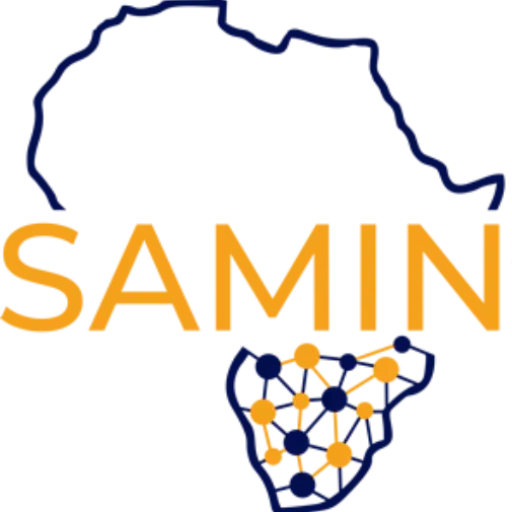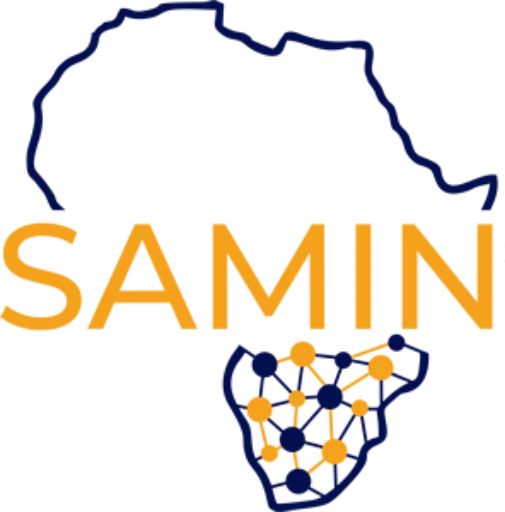Challenges of Migrants
Advocating for migrant rights and inclusive policies.
Challenges of Migrants
Migration is mainly defined by two broad categories:
- Forced migration includes refugees, asylum seekers, and internally displaced persons.
- Voluntary migration involves migration for education, economic considerations, family reunion, and other personal reasons.
Both forced, and voluntary migrants face a myriad of challenges, including exploitation during transit or in their destination spaces, coupled with hostility in the receiving communities. This hostility often manifests in Afrophobic attacks, commonly known as xenophobic attacks, and inhumane treatment within government institutions such as hospitals, schools, refugee centres, and detention or deportation facilities.
Among the persistent challenges are the victimisation of women and children during transit, prolonged processing times for asylum seeker permits and refugee status approvals, and strained relations between countries that are unwilling to adopt more human rights-based migration laws and policies.
The Southern African Development Community (SADC) organised its inaugural workshop on the free movement of people in 1993. Despite this initiative, various SADC member states continue to witness situations compelling their citizens to cross borders as undocumented migrants. The dream of the free movement of people within SADC and Africa as a whole remains elusive.
The participation of Civil Society Organisations (CSOs) in the recently adopted Global Compact on Migration underscores the pivotal role that civil society can and must play in addressing migration issues comprehensively. Refugees and migrants have consistently been vulnerable within most communities, a vulnerability exacerbated by the challenges imposed by the COVID-19 pandemic. This calls for increased advocacy to safeguard the rights and interests of refugees and migrants at a global level.

Connect with Us!
Join the conversation! Connect with SAMIN to learn more about our initiatives and how you can get involved.
Reflections on Humanity, Quotes for Change
Martin Luther King Jr
“Injustice anywhere is a threat to justice everywhere.”
Martin Luther King Jr, Civil rights leader
Nelson Mandela
“What counts in life is not the mere fact that we have lived. It is the difference we have made to the lives of others that will determine the significance of the life we lead.”
Nelson Mandela, The global symbol of peace and reconciliation
Desmond Tutu
“If you are neutral in situations of injustice, you have chosen the oppressor’s side.”
Desmond Tutu, Anglican bishop and theologian
Partnership


Send Us a Message
Office
6 Spin Street, Cape Town South Africa
IDASA Building
secretariat@samin.org.za
Fax: +27 86 614 5266
Contact
Office: +27 21 4616551
Mobile: +27 81 333 7665

